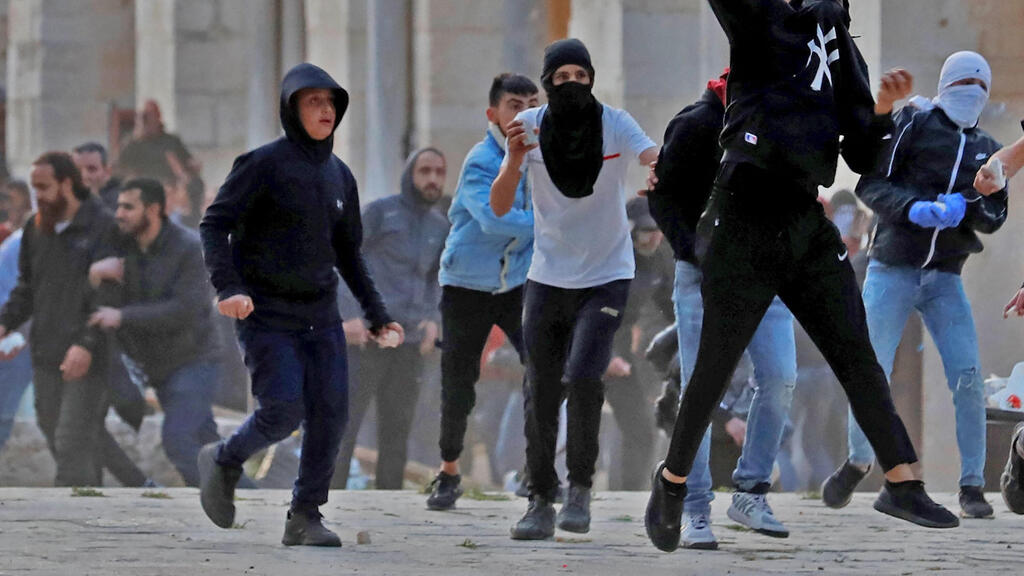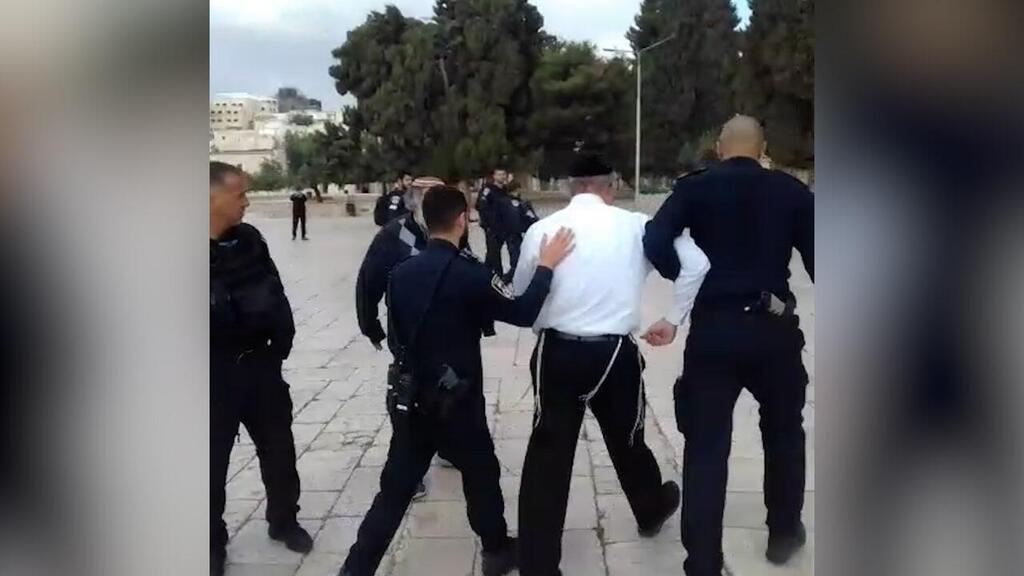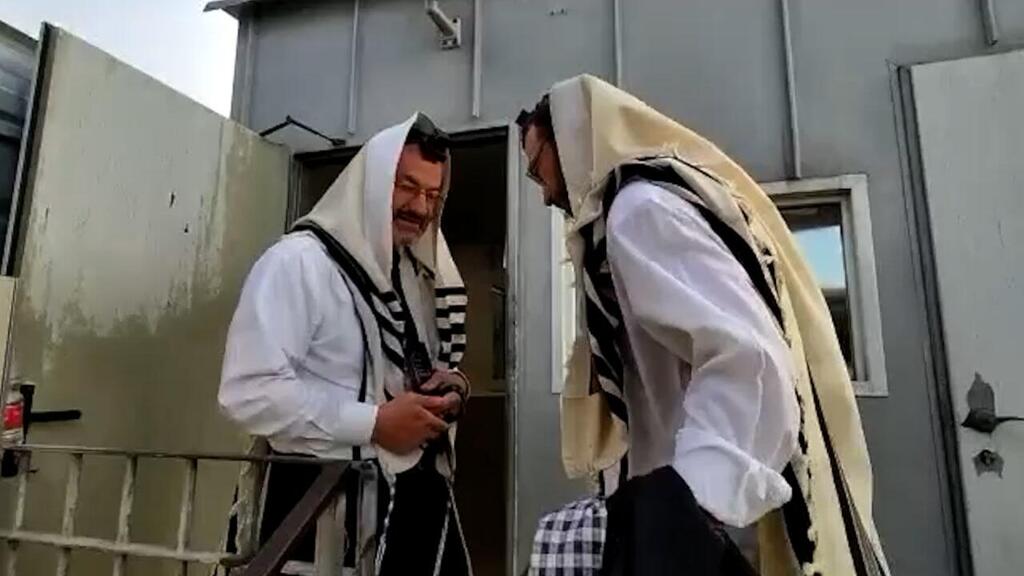A ruling by the Jerusalem Magistrate Court on Sunday saying Jewish teens had the right to pray on Temple Mount, exemplified how volatile the situation around the Jewish and Muslim holy sites has become.
Judge Zion Saharay on Sunday ruled that three teens brought before him on charges that they prayed and bowed while on Temple Mount, would not be barred from the Old City of Jerusalem, despite a police request.
The Judge said the conduct of the three did not pose credible risk to public safety.
Under the status quo, which has been in place since the end of the 1967 Six Day War, when Israel took control of the Old City and its shrines, Jews are allowed to enter the Temple Mount through one gate, while Muslims can enter from all other gates without police escort.
Muslims are also allowed to worship on Temple Mount while Jews are forbidden to do so and are limited to prayers at the Western Wall.
There is no law in Israel than specifically bans Jewish prayer but the decision is left to the police, which enforces regulations there and can remove a Jewish visitor found to be in violation of them, and can bring charges of disturbing a police officer while fulfilling his duty and conduct which could pose a risk to public safety.
3 View gallery


Palestinians clash with police on Temple Mount during Ramadan, last month
(Photo: AFP )
In Sunday's hearing, the police argued that the teens openly prayed on the site and "were disturbing officers fulfilling their duty and were posing a risk to public safety."
The judge rejected the police claims brought before him.
"I cannot say that reciting the Jewish prayer and bowing is conduct which could disturb the peace, or is in violation of the law," the judge said in his ruling.
He referred to comments made last month by Police Commissioner Kobi Shabtai who said the Temple Mount was open to all residents of Israel and the West Bank who wish to worship there and did not differentiate between faiths.
Shabtai's comments were made during the Muslim month of Ramadan when Palestinians claimed Israel was changing the status quo and preventing Muslim worship at the Al Aqsa Mosque, Islam's third holiest site.
The judge said he would not interfere with police conduct and will only weigh the case before him.
He added that his ruling in no way implies a decision as to the wider question of the right of Jews to pray on Temple Mount.
Still, the ruling of the court caused an immediate reaction on all sides of the issue including a condemnation from the Jordanian Foreign Ministry.
Jordan is custodian of the Muslim holy sites as specified in its peace treaty with Israel.
Right-wing and religious Jewish groups called on the public to come to Temple Mount and pray after they claimed the ruling cleared the way.
3 View gallery


Jewish man detained after praying on Temple Mount in violation of status quo
(Photo: Roi Zaga )
When two men wrapped in their prayer shawls. attempted to enter the Temple Mount compound on Monday, they were stopped by the police and turned away. Another man who openly prayed there was detained by officers.


